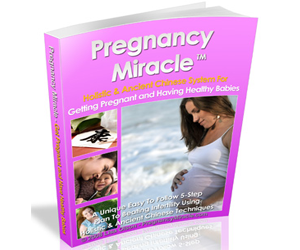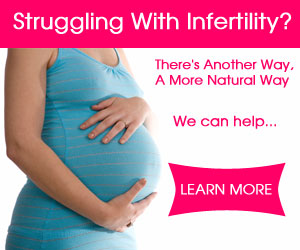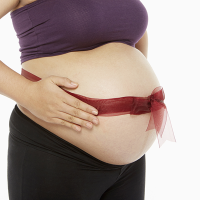Infertility Diet
There are many factors that contribute towards infertility in both men and women, including the delay of pregnancy, sexually transmitted diseases and environmental factors besides others. Research is gradually unearthing the probability of nutrition playing a key part in fertility as well. Though the relationship between fertility and diet is still very much uncertain, the fact remains that a good diet is an essential part of conception and pregnancy.
The Infertility diet helps conception by providing the body with the required nutrients for it to function smoothly. Recent studies of a Harvard research into infertility have found that fertility levels increased by 80% when volunteers switched to an infertility diet recommended by Harvard. It is important to note that an infertility diet is only able to aide conception by eliminating those factors caused by poor health or nutrition. Infertility caused by physical factors, such as blocked fallopian tubes cannot be altered by simply changing your lifestyle and dietary patterns.
In its most basic form, the infertility diet promotes healthy living and an active lifestyle. Like any diet, different people have different stances when it comes to healthy eating. Some health gurus believe that carbohydrates such as bread, potatoes or pasta should be a complete no-no in an infertility diet, but some say that what needs to be excluded are not carbohydrates as a whole, but what they term as bad carbohydrates found in foods that contain processed white flour and processed white sugar. Good carbohydrates are higher in nutritional value and slower when it comes to releasing energy into the body, examples of which are whole grain breads, cereals, pasta and fresh fruits.
People on the infertility diet are also urged to avoid food that are high in additives and preservatives such as canned and refined foods as well as store bought jams and condiments. Some versions of the infertility diet also recommend reducing dairy intake in the belief that it could reduce fertility in women while recent research suggests that consuming whole milk dairy products (as opposed to skimmed milk and low fat) can actually offer protection against ovulatory infertility. The most effective fertility food in the dairy category was found to be whole milk, closely followed by ice cream. On the other hand, the biggest contributors to ovulatory infertility (in the dairy products category) was found to be sherbet and frozen yogurt, followed by low fat yogurt.
Besides food, it is also important to maintain a healthy weight or Body Mass Index from 20 to 24; weighing too much or too little can imbalance ovulation and the menstrual cycle. Though it’s not a fixed rule that only women belonging to this ideal weight category can get pregnant, but it’s a good rule to follow because it reduces your chance of diabetes and high blood pressure which can put you at risk when giving birth.
It is important to remember that an infertility diet is unlike any other diet and it is not recommended that you start one without sound advice from a registered nutritionist.



